Key Topics
Research at D-ITET addresses the global challenges of sustainable energy, digital data transmission and processing, and healthcare. These challenges are reflected in a growing number of key research topics, the driving forces of today's information age.
- Artificial intelligence / Big data / Machine learning
- Augmented/Mixed/Virtual reality
- Autonomous driving
- Blockchain
- Brain-machine interfaces (BMI)
- Digitalisation
- Electric mobility
- Energy turnaround
- Industry 4.0
- Internet of things (Iot)
- Personalised medicine
- Production/Manufacturing processes
- Quantum technology
- Sensing
Artificial intelligence / Big data / Machine learning
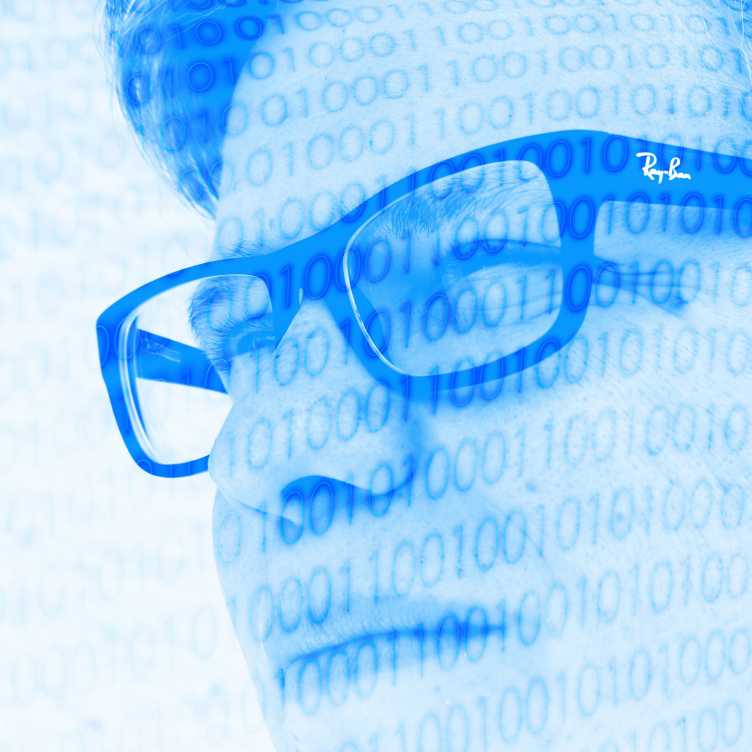
Our world is driven by data. Completely novel theories and technologies are needed to cope with these massive amounts of data, resulting in enormous research challenges in information science and technology.
Machine learning, as a subarea of artificial intelligence (AI), is a set of ideas and concepts - with origins in statistics, electrical engineering, computer science, and physics - for extracting relevant information from data and making predictions. Together with the related disciplines of signal processing, computer vision, information and communication theory, and control engineering, it provides the intelligence behind "intelligent" devices in wide use today and in the future.
Research at D-ITET
Prof. Laura Bégon-Lours (Neuromorphic Electronics with Oxides)
Prof. Luca Benini (Digital Circuits and Systems)
Prof. Helmut Bölcskei (Mathematical Information Science)
Prof. Florian Dörfler (Complex Systems Control)
Prof. Benjamin Grewe (Systems and Circuits Neuroinformatics)
Prof. Richard Hahnloser (Systems Neuroscience)
Prof. Ender Konukoglu (Biomedical Image Computing)
Prof. Jürg Leuthold (Photonics and Communication)
Prof. Lars Lindemann (Algorithmic Systems Theory)
Prof. Hans-Andrea Loeliger (Signal Processing)
Prof. Mathieu Luisier (Computer-based Modelling of Nanostructures)
Prof. John Lygeros (Control and Computation)
Prof. Valerio Mante (Neuroinformatics)
Prof. Onur Mutlu (Computer Architecture)
Prof. Mickaël Perrin (Low-dimensional Quantum Electronics)
Prof. Timothée Proix (Computational Neuroscience)
Prof. Daniel Razansky (Biomedical Imaging)
Prof. Klaas Enno Stephan (Translational Neuromodeling and Computational Psychiatry)
Prof. Laurent Vanbever (Networked Systems)
Prof. Janos Vörös (Biosensors and Bioelectronics)
Prof. Roger Wattenhofer (Distributed Computing)
Prof. Vanessa Wood (Materials and Device Engineering)
Prof. Mehmet Fatih Yanik (Neurotechnology)
Augmented/Mixed/Virtual Reality
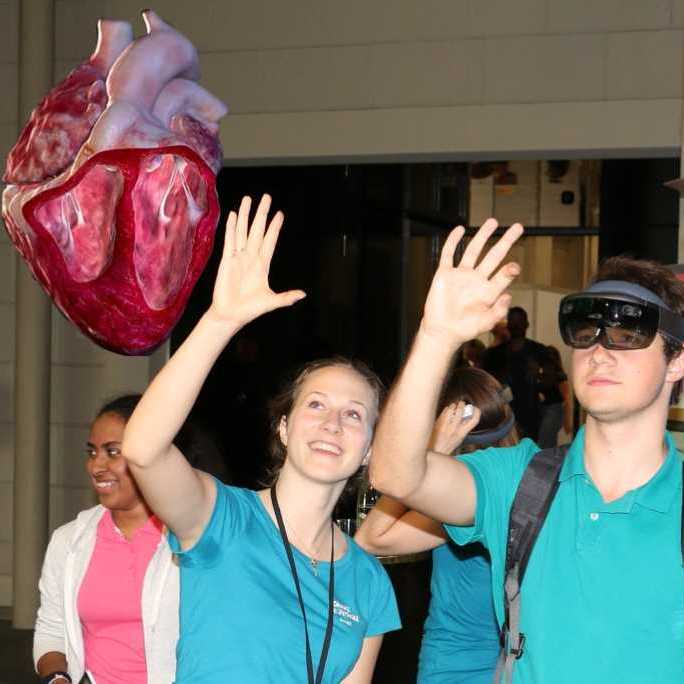
Visualisations, combining real world and virtual world are manifold today, ranging from applications for the sports sector and augmented street views to the gaming industry. In medicine augmented reality is used for creating immersive visualisations of image-based techniques, personalised digital organs for medical education, and for diagnosis and intervention.
Research at D-ITET
Prof. Sebastian Kozerke (Biomedical Imaging)
Autonomous driving
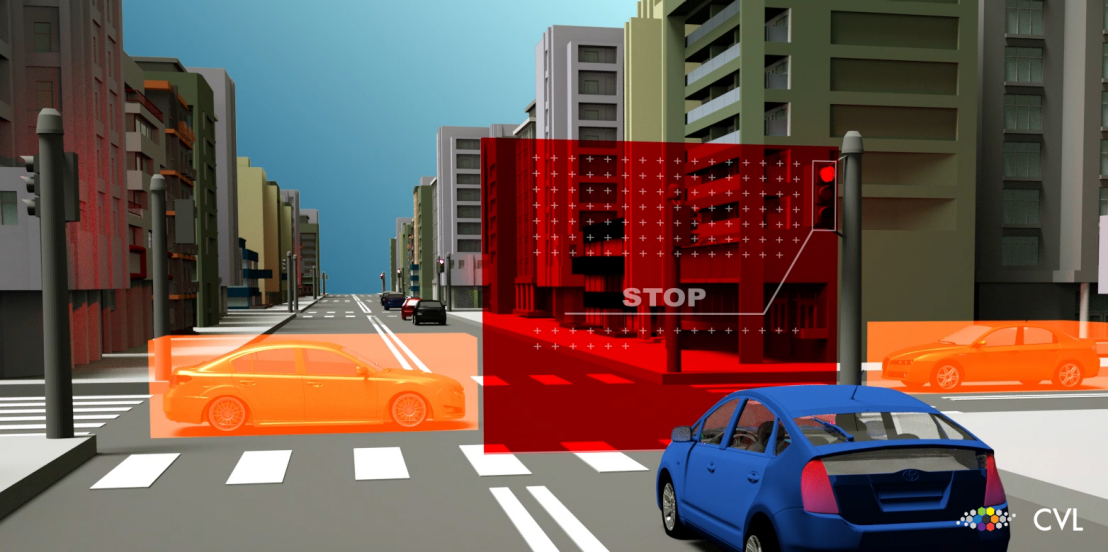
Fewer accidents, more capacity on the streets and less pollution: the advantages of autonomous driving are obvious. Vehicles driving themselves might make human beings behind the wheel almost superfluous. However, beyond certain legal and ethical issues that need clarifying, a lot of work lies ahead of engineers to achieve that goal.
Research at D-ITET
Prof. Luca Benini (Digital Circuits and Systems)
Prof. Lars Lindemann (Algorithmic Systems Theory)
Prof. John Lygeros (Control and Computation)
Prof. Onur Mutlu (Computer Architecture)
Blockchain
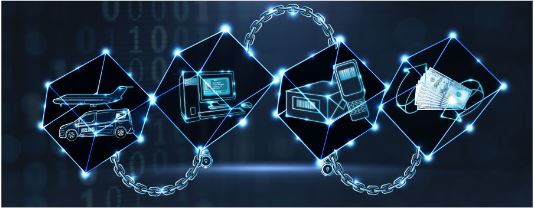
The technology behind bitcoin is currently changing money, business, and may be the world. A blockchain acts as a digital bookkeeping system. A "chain of blocks" is used to execute and store all kinds of transactions in a fault-tolerant way – for example, money transfers, marriage certificates, ownership changes for properties or more transparency in the supply chain.
Research at D-ITET
Prof. Laurent Vanbever (Networked Systems)
Prof. Roger Wattenhofer (Distributed Computing)
Brain-Machine Interfaces (BMI)
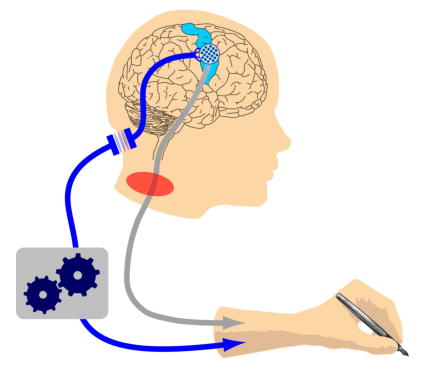
The technology allows communication between the brain and an external technology. The term BMI can refer to an interface that takes signals from the brain to an external piece of hardware, or a technology that sends signals to the brain.
Research at D-ITET
Prof. Luca Benini (Digital Circuits and Systems)
Prof. Richard Hahnloser (Systems Neuroscience)
Prof. Taekwang Jang (Analog and Mixed-Signal Interfaces)
Prof. Jürg Leuthold (Photonics and Communication)
Prof. Valerio Mante (Neuroinformatics)
Prof. Onur Mutlu (Computer Architecture)
Prof. Timothée Proix (Computational Neuroscience)
Prof. Janos Vörös (Biosensors and Bioelectronics)
Prof. Mehmet Fatih Yanik (Neurotechnology)
Digitalisation
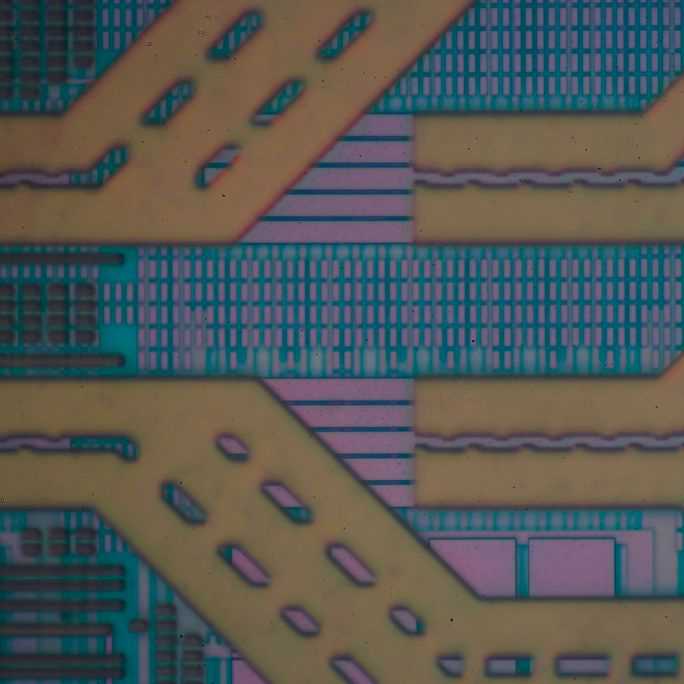
Digitalisation has been transforming our lives since the invention of the PC around the second world war. It has turned entire sectors upside down, with wide-ranging consequences. We have now entered a new phase of digitalisation: we can record, store, process and send information on an unprecedented scale.
Research at D-ITET
Prof. Luca Benini (Digital circuits and systems)
Prof. Florian Dörfler (Complex Systems Control)
Prof. Taekwang Jang (Analog and Mixed-Signal Interfaces)
Prof. Lana Josipović (Digital Systems and Design Automation)
Prof. Amos Lapidoth (Information Theory)
Prof. Jürg Leuthold (Photonics and Communication)
Prof. Onur Mutlu (Computer Architecture)
Prof. Laurent Vanbever (Networked Systems)
Prof. Roger Wattenhofer (Distributed Computing)
Electric mobility
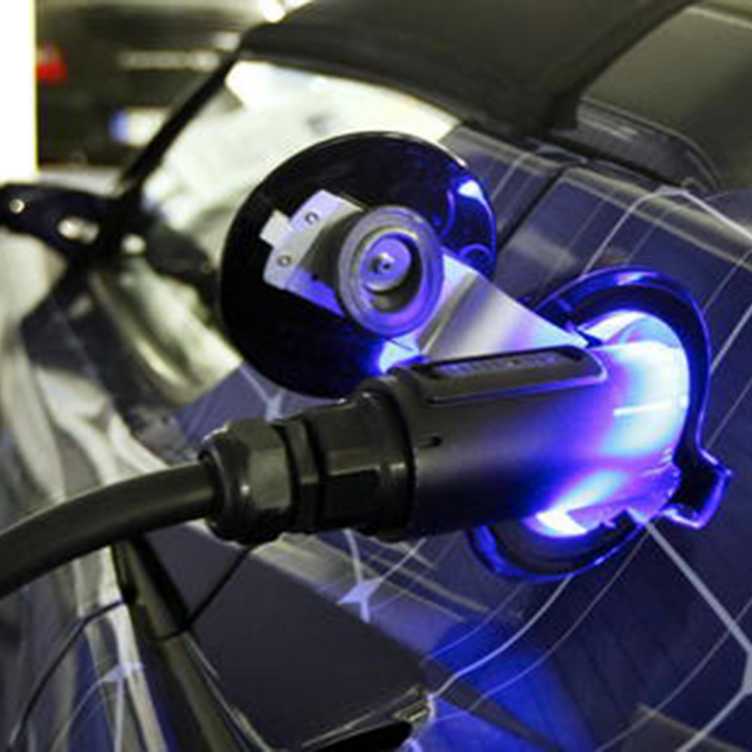
Electric mobility is becoming more and more popular. Electric vehicles, e-bikes and electrically powered trains can make a significant contribution to reducing emissions.
Research at D-ITET
Prof. Jürgen Biela (High Power Electronics Systems)
Prof. Ulrike Grossner (Power Semiconductors)
Prof. Vanessa Wood (Materials and Device Engineering)
Energy turnaround
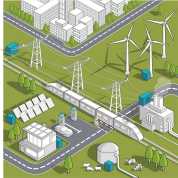
At D-ITET technical innovations ensuring a sustainable energy turnaround are a major priority.
Research at D-ITET
external page Adj. Prof. Corsin Battaglia (Energy Conversion and Storage)
Prof. Jürgen Biela (High Power Electronics Systems)
Prof. Florian Dörfler (Complex Systems Control)
Prof. Christian Franck (High Voltage Engineering)
Prof. Ulrike Grossner (Power Semiconductors)
Prof. Gabriela Hug (Electric Power Systems)
Prof. John Lygeros (Control and Computation)
Prof. Mickaël Perrin (Low-dimensional Quantum Electronics)
Adj. Prof. Jasmin Smajic (Physical Modelling and Field Simulations)
Prof. Vanessa Wood (Materials and Device Engineering)
Adj. Prof. Maksym Yarema (Chemistry and Materials Design)
Industry 4.0
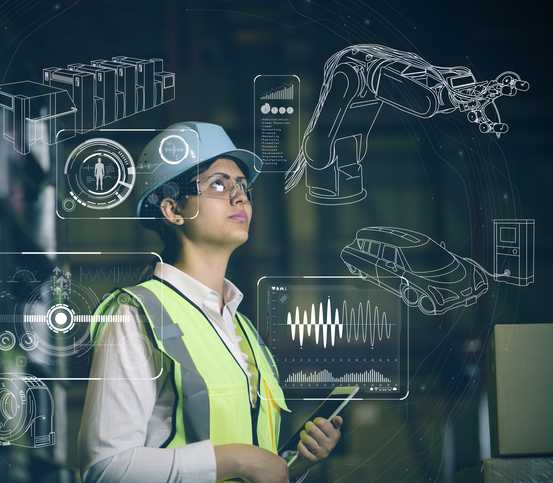
The fourth industrial revolution, setting the trend for automation and data exchange in manufacturing technologies, opens up new horizons. How will we be working in the future? What will the factory of the future look like? What new business models will we be developing?
Research at D-ITET
external page Adj. Prof. Corsin Battaglia (Energy Conversion and Storage)
Prof. Luca Benini (Digital circuits and systems)
Prof. Lars Lindemann (Algorithmic Systems Theory)
Prof. Onur Mutlu (Computer Architecture)
Prof. Roger Wattenhofer (Distributed Computing)
Prof. Vanessa Wood (Materials and Device Engineering)
Adj. Prof. Maksym Yarema (Chemistry and Materials Design)
Internet of things (IoT)
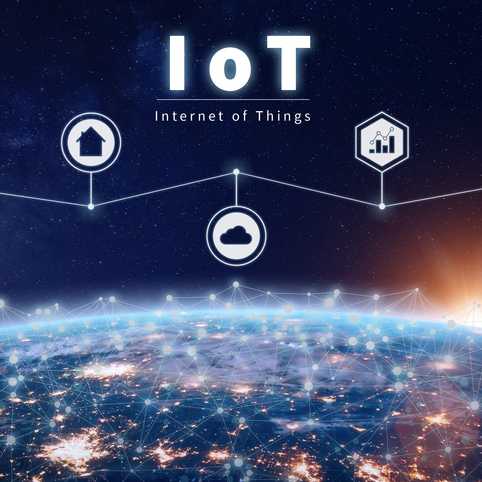
Connected objects have become a part of our everyday life. Everything is connected, not only our phone and our watch, but also our fridge, light bulbs and even our clothes. Together, they form the so-called Internet of Things (IoT). Due to their diminishing size, constantly falling price and declining energy consumption, processors, communications modules and other electronic components are now integrated into everyday objects.
Research at D-ITET
Prof. Laura Bégon-Lours (Neuromorphic Electronics with Oxides)
Prof. Luca Benini (Digital Circuits and Systems)
Prof. Florian Dörfler (Complex Systems Control)
Prof. Taekwang Jang (Analog and Mixed-Signal Interfaces)
Prof. Jürg Leuthold (Photonics and Communication)
Prof. Lars Lindemann (Algorithmic Systems Theory)
Prof. Onur Mutlu (Computer Architecture)
Adj. Prof. Jasmin Smajic (Physical Modelling and Field Simulations)
Prof. Laurent Vanbever (Networked Systems)
Prof. Roger Wattenhofer (Distributed Computing)
Personalised medicine
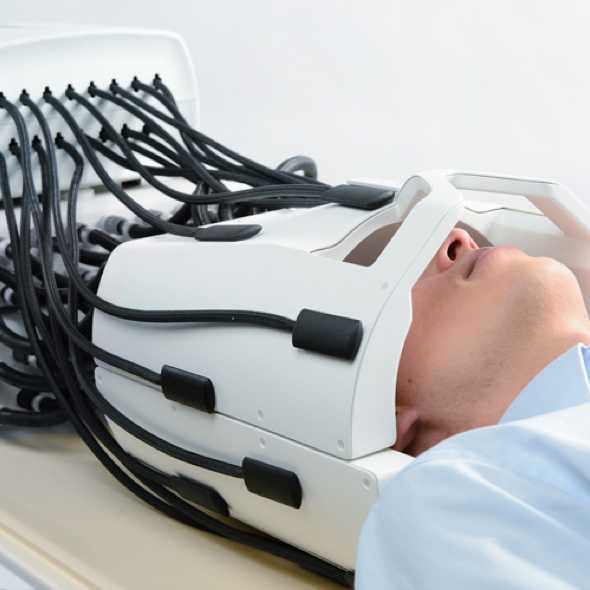
Imaging techniques are inextricably linked to the progress of modern health care. New methods make it possible to detect organ systems and their interaction without harmful radiation and in the shortest possible time. At D-ITET, engineers, physicists and computer scientists work together with physicians to develop new concepts and methods of magnetic resonance imaging that can be used to examine e.g. the cardiovascular system or the brain with unprecedented precision.
Research at D-ITET
Prof. Morteza Aramesh (Single Molecule and Single Cell Biophysics)
Prof. Ender Konukoglu (Biomedical Image Computing)
Prof. Sebastian Kozerke (Biomedical Imaging)
Prof. Onur Mutlu (Computer Architecture)
Prof. Timothée Proix (Computational Neuroscience)
Prof. Klaas P. Prüssmann (Bioimaging)
Prof. Daniel Razansky (Biomedical Imaging)
Prof. Marco Stampanoni (X-ray Imaging)
Prof. Klaas Enno Stephan (Translational Neuromodeling and Computational Psychiatry)
Prof. Janos Vörös (Biosensors and Bioelectronics)
Adj. Prof. Maksym Yarema (Chemistry and Materials Design)
Production/Manufacturing processes
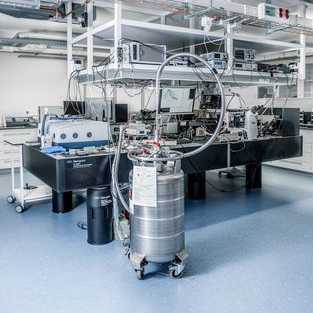
A battery recharging itself and lasting forever - that is the dream of every smartphone user. At D-ITET, we are doing research to improve the performance of solar cells, batteries and LEDs and to develop the next generation and other energy storage devices with the help of new nanomaterials. This is just one example of many regarding new production processes at D-ITET.
Research at D-ITET
Prof. Laura Bégon-Lours (Neuromorphic Electronics with Oxides)
Prof. Florian Dörfler (Complex Systems Control)
Prof. John Lygeros (Control and Computation)
Prof. Vanessa Wood (Materials and Device Engineering)
Adj. Prof. Maksym Yarema (Chemistry and Materials Design)
Quantum technology
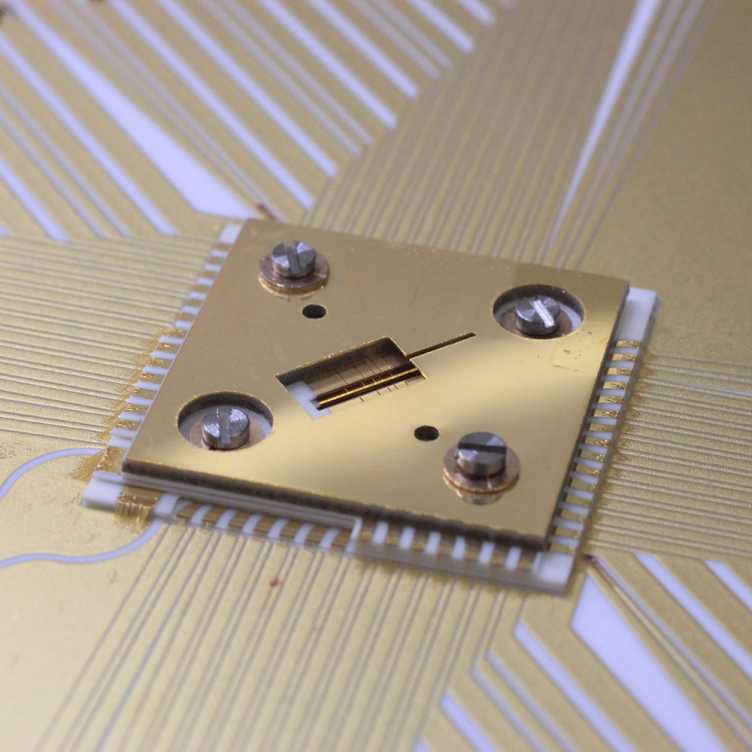
Quantum technology will open up new horizons in all scientific disciplines and offer new approaches to previously unsolvable questions.
Research at D-ITET
Prof. Laura Bégon-Lours (Neuromorphic Electronics with Oxides)
Prof. Sebastian Kozerke (Biomedical Imaging)
Prof. Jürg Leuthold (Photonics and Communication)
Prof. Mathieu Luisier (Computer-based Modelling of Nanostructures)
Prof. Lucas Novotny (Photonics)
Prof. Mickaël Perrin (Low-dimensional Quantum Electronics)
Adj. Prof. Jasmin Smajic (Physical Modelling and Field Simulations)
Adj. Prof. Maksym Yarema (Chemistry and Materials Design)
Sensing
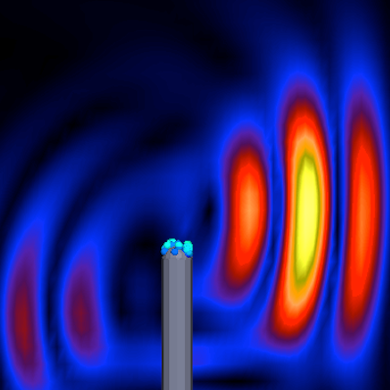
Sensing is the detection of events, such as vibrations or temperature changes and turning them into measurable signals (e.g. voltage or current).
Research at D-ITET
Prof. Morteza Aramesh (Single Molecule and Single Cell Biophysics)
Prof. Laura Bégon-Lours (Neuromorphic Electronics with Oxides)
Prof. Taekwang Jang (Analog and Mixed-Signal Interfaces)
Prof. Jürg Leuthold (Photonics and Communication)
Prof. Lucas Novotny (Photonics)
Adj. Prof. Jasmin Smajic (Physical Modelling and Field Simulations)
Adj. Prof. Maksym Yarema (Chemistry and Materials Design)
Adj. Prof. Tomaso Zambelli (Biosensors and Bioelectronics)
Explore D-ITET
Links
- Blockchain and the future of crypto currencies (SRF interview with Prof. Roger Wattenhofer)
- Artificial intelligence improves biomedical imaging (Prof. Daniel Razansky) (ETH news)
- Personalised medicine: "The human being is always at the centre of our research" (Interview with Prof. Klaas Enno Stephan)
- Machine learning: "Deep neural networks work like a Swiss army knife" (Interview with Prof. Helmut Bölcskei)